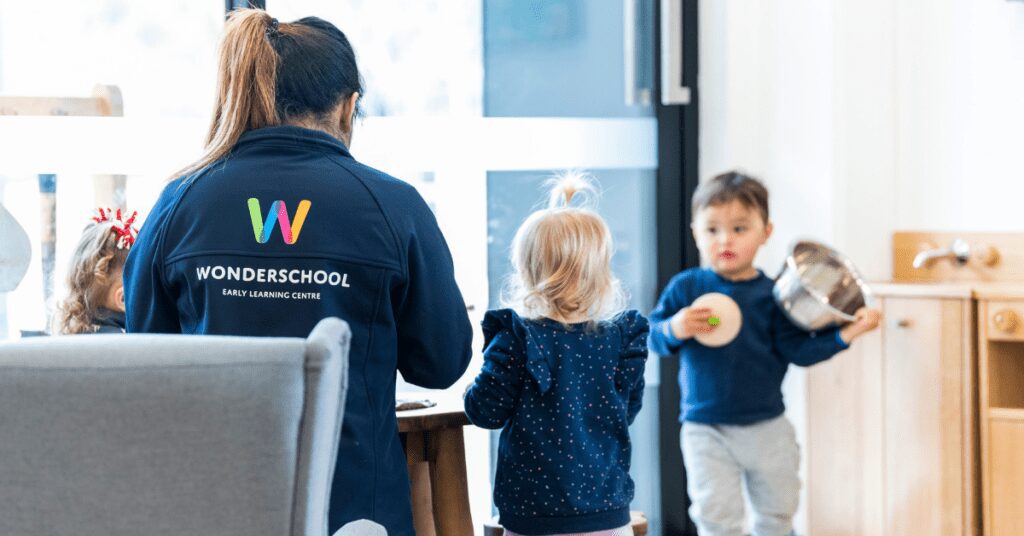Rhythms and rituals are important to all of us. Rituals give our lives a sense of significance and purpose. They help us mark moments that are important, such as births, deaths, and major life achievements. They help us be in the moment and process the world around us with some form of roadmap. Sometimes, a ritual is as simple as baking holiday biscuits with your children. Other times, a ritual is more intricate, like a wedding.
Simple and repetitive daily rhythms are important for people too. A daily rhythm can evoke a sense of place and calm as we look ahead in the day and see markers of where we are going. Part of your rhythm may be rising before anyone else in the house and enjoying your freshly brewed coffee on the deck. Your daily rhythm may include meals you have with family. The general planned structure of your day is your rhythm, and this helps you to keep moving, stay focused, and hopefully help you feel satisfied and fulfilled at its close.
Not only do we as adults thrive on rhythm and rituals, but so do our children. Research shows children respond well to a daily routine and there are a few reasons for this.
Predictability
For small children in a big world, predictability is important. Children feel secure, safe, and stable when they know what is coming next. They feel like there is some control and order when they can say, “After we have breakfast, we go outside and play and then soon after that we read stories and have lunch.”
Boundaries
When we give children firm boundaries in our expectations and their days, they can have control and autonomy over the spaces between those guiderails knowing that we will be there to stop them if they go too close to the edge of those boundaries.
Refuelling
Having a daily rhythm helps everyone to know that there will be moments of activity and moments for refuelling throughout the day. This refuelling for children is often physical, such as eating regularly to help nurture and sustain their bodies and minds. There is also emotional refuelling: moments of connection spaced throughout the day. For example, when we eat lunch together, we are all focused on being together and eating, there are no distractions from the physical and emotional refuelling.
Introducing rituals to our daily rhythm can make our rhythm more meaningful and elevate our processes. We all need to have dinner but including our children when setting the table and saying a word of thanksgiving before the meal changes the process–driven task into an enjoyable ritual with moments of connection.
Creating rituals can strengthen our relationships, create beautiful memories, and strengthen children’s resilience. They also create strong, confident foundations for life and learning that help guide our children along their path by making sure they recognise anchor points of meaning along the way.
What does a routine as a ritual look like?
A meal ritual could incorporate the following activities:
- Setting the table together.
- Creating cute table settings with tablecloths, flowers, special cups and plates, and carefully lighting a candle.
- Playing music to set the mood.
- Being organised and prepared so that when the meal is ready, everyone comes together and shares a meal.
- Saying a thank you poem or pausing to show gratitude.
- Engaging and being present during mealtime.
- Having conversations with everyone at the table, laughing, and being present.
Using all your senses: what we see, feel, taste, smell and hear during a meal.
“Be happy for this moment. This moment is your life.” – Omar Khayyam
Explore the Wonder Life blog or connect with us on Facebook or Instagram for more helpful tips and to learn about what makes Wonderschool wonderful.
